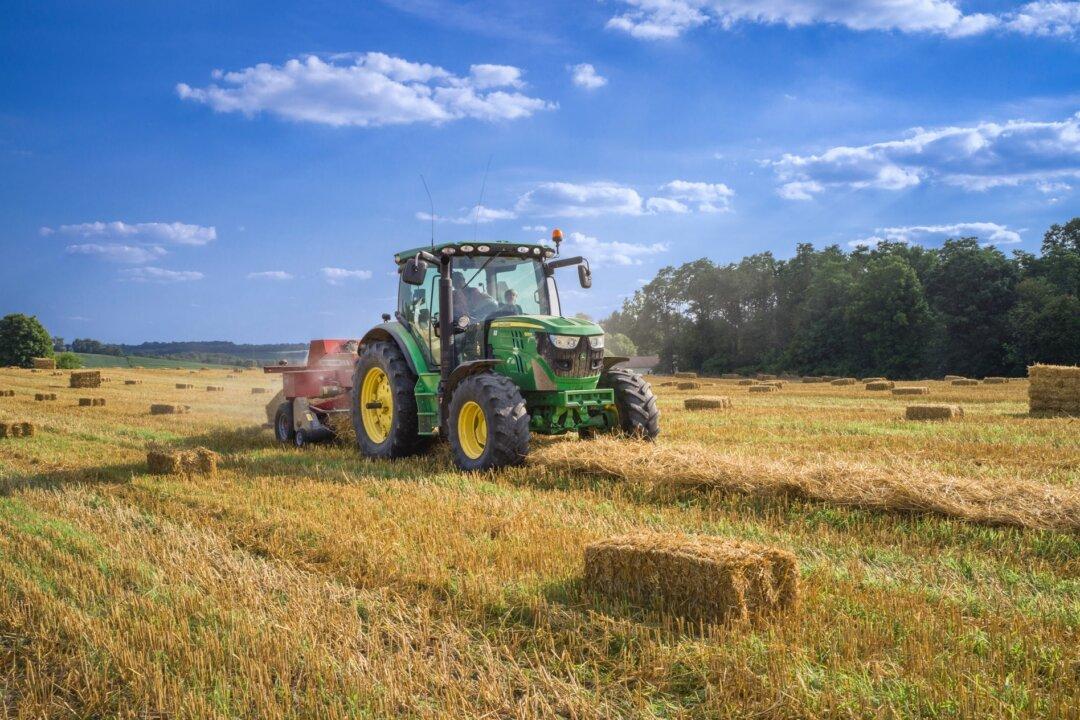The New Zealand government announced border class exemptions for over 200 skilled agriculture workers and 600 tech specialists to relieve pressures created by COVID-19.
Agriculture Minister Damien O’Connor said the government was aware that labour challenges remained and would continue working with the sector to meet them where possible.





